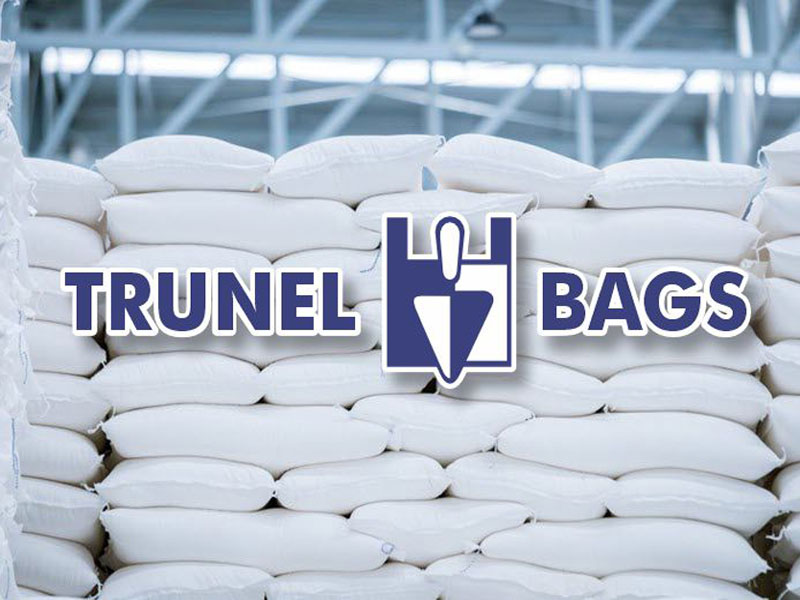The Shift Towards Sustainable Packaging: Trunel Bags on How Polypropylene Bags Are Adapting to Environmental Concerns.
Sustainable packaging is quickly becoming the norm as people around the globe grow more eco-conscious. Polypropylene bags, which have gained popularity across many sectors thanks to their adaptability and longevity, are one example of a material that has seen substantial innovation.
Despite polypropylene’s (PP) reputation for being less eco-friendly than other options, new developments are shifting the story. More and more, eco-conscious organisations and customers are seeing these bags as a practical solution to their environmental concerns.
Polypropylene as a Modern Packaging Solution
Polypropylene is a type of thermoplastic polymer widely used in packaging, textiles, automotive parts, and even medical equipment. Its popularity stems from its lightweight nature, high tensile strength, resistance to wear and tear, and cost-effectiveness.
Particularly, polypropylene bags, are frequently used for packaging goods such as food, textiles, and agricultural products.
However, like many plastic-based products, polypropylene has been under scrutiny due to its environmental impact, particularly in terms of waste accumulation and fossil fuel consumption during production.
This has prompted a major push for more sustainable packaging solutions. Polypropylene manufacturers have responded by making substantial changes to how these bags are produced and disposed of.
Innovations in Polypropylene Bags
One of the most notable advancements in polypropylene bags has been the introduction of recyclable and reusable options. Polypropylene itself is recyclable, and more facilities are adopting recycling methods that reduce the environmental footprint of PP products.
Many companies are now designing polypropylene bags with recyclability in mind, allowing them to be easily processed into new products at the end of their life cycle.
Polypropylene bags are also increasingly being manufactured with post-consumer recycled (PCR) materials. This not only reduces the demand for new raw materials but also gives polypropylene waste a second life, significantly reducing its environmental impact.
Reusability and Durability
Another major aspect of polypropylene bags’ sustainability lies in their durability. These bags are designed to be reusable over long periods, significantly extending their lifespan compared to single-use plastic bags.
The more times a polypropylene bag is reused, the lower its environmental impact per use, making it a more sustainable option for businesses that prioritize long-term solutions.
In fact, polypropylene bags can serve as alternatives to more traditional packaging materials like paper or cotton, which require more energy and water to produce.
The extended lifespan of PP bags and their ability to withstand heavy loads make them particularly valuable in industries that demand high-performance packaging.
Biodegradable Options
To further reduce environmental harm, some companies are investing in biodegradable polypropylene bags. These bags are treated with additives that help them break down more quickly when exposed to environmental conditions like sunlight and oxygen.
While they are not yet as common as traditional polypropylene bags, this innovation represents a step towards reducing plastic waste.
The Road Ahead for Polypropylene Bags
Despite the strides made in sustainable packaging, there is still more work to be done. Increased awareness and investment in the circular economy, where products are designed to be reused, recycled, or composted, will continue to drive innovation in polypropylene and other packaging materials.



